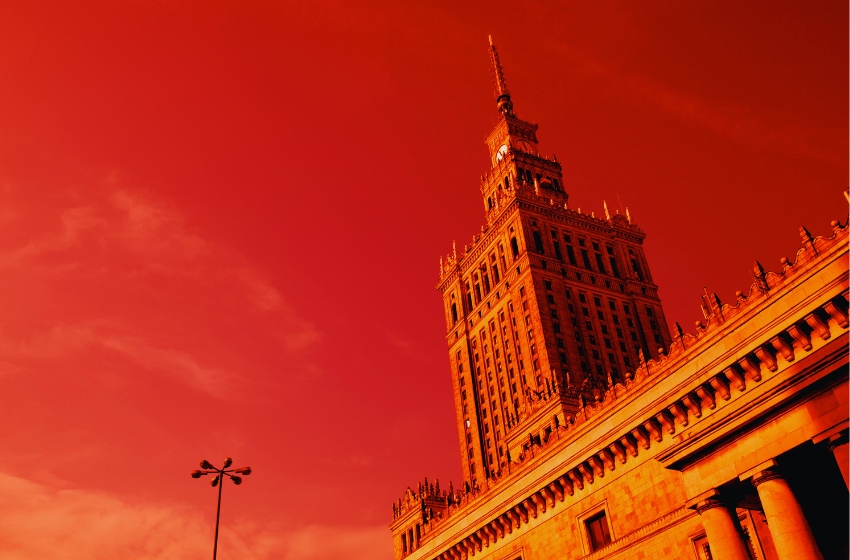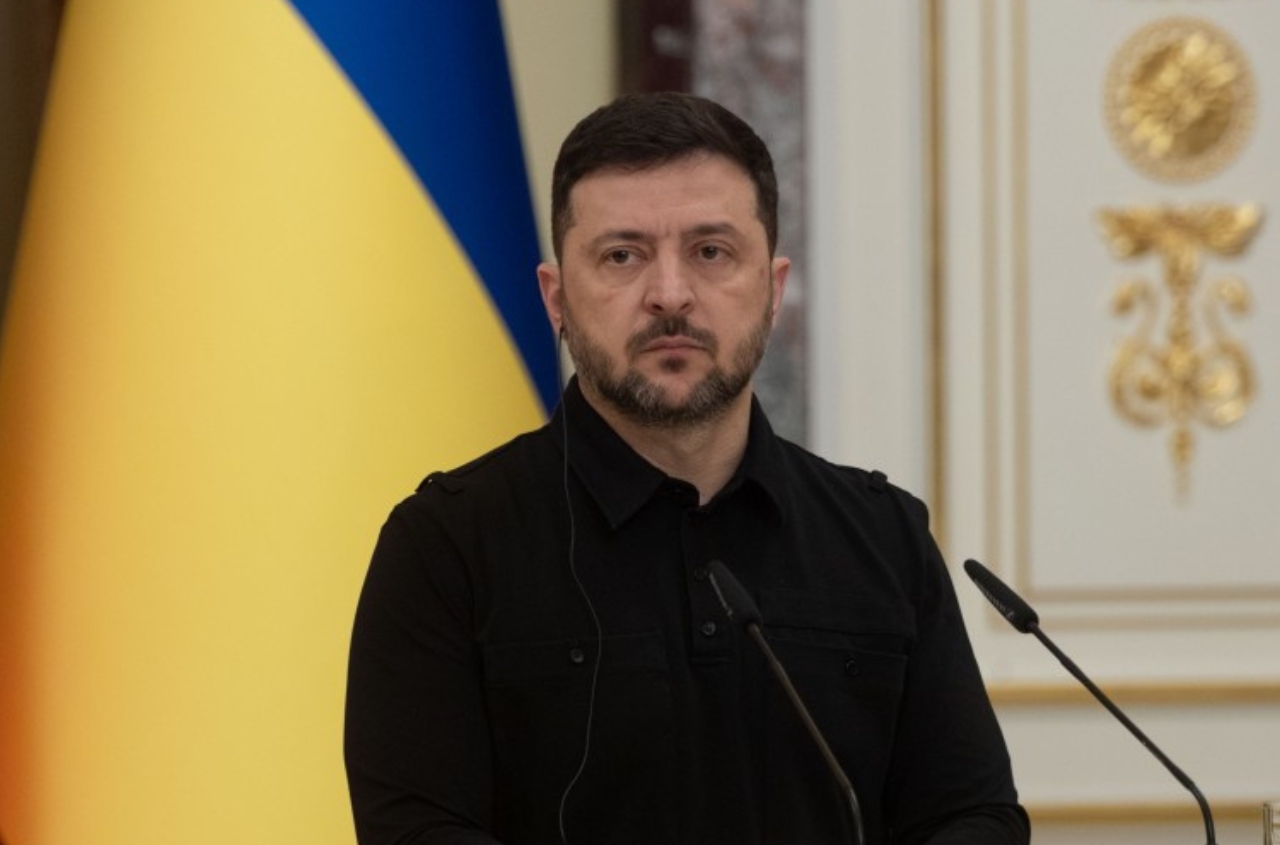Fiscal pressure in Russia is increasing as the Kremlin seeks new ways to close the growing budget gap caused by the war against Ukraine and slowing economic growth. According to the Institute of National Economic Forecasting of the Russian Academy of Sciences, GDP fell by 0.6% in the first quarter of 2025, and growth in the second quarter is estimated at zero. This effectively marks the end of the economic expansion Moscow had tried to showcase in recent years.
Amid budget problems, the government is tightening control over tax revenues. From January to August 2025, the Federal Tax Service increased the number of field inspections of businesses by 15% year-on-year. The outcome: 98% of companies ultimately agree to pay additional charges. In Moscow alone, these additional assessments amounted to $1.4 million, and in Saint Petersburg nearly $3 million.
Fiscal authorities follow a strict procedure: before an inspection begins, they compile a list of potential violations and offer businesses the option to pay “voluntary additional charges.” If a company refuses, a formal audit is initiated. For most businesses, agreeing to the voluntary option is more advantageous, as it helps avoid fines, reduces time costs, and lowers reputational risks.
The Kremlin sees this approach as a key tool for reducing the budget deficit. However, excessive tax pressure encourages growth of the shadow economy and accelerates the relocation of companies abroad.
A similar trend is expected for individuals. Authorities are preparing to closely monitor citizens’ incomes to bring them out of the shadows. There is also discussion of raising taxes for the self-employed: the preferential regime currently in place is considered by the government to negatively affect the labor market, as people prefer self-employment over industrial jobs.
Pressure on businesses and citizens is increasing amid falling Russian government bond values, reflecting investor concerns about future tax policy and weak economic prospects. The current budget model relies increasingly not on superprofits of major corporations but on stable taxes from medium, small, and non-oil-and-gas businesses.
The primary goal is to fund the war against Ukraine. While additional tax collections provide the government with short-term relief, they create long-term risks for an economy already in stagnation.




















